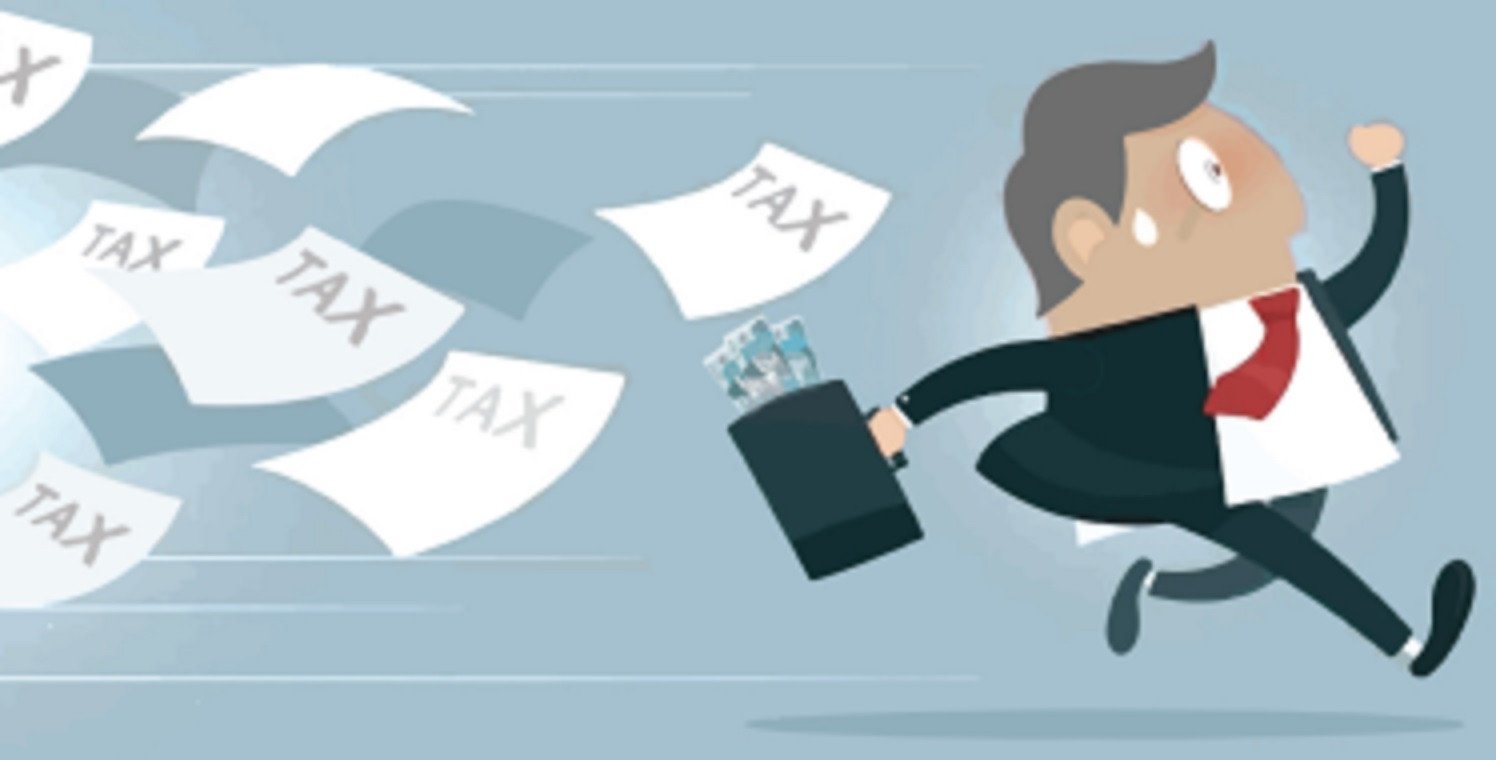
The resources mobilisation commission has proposed to tax the rich through the imposition of advance tax on their future dividends, a minimum tax on all types of movable and immovable assets and a fair amount of tax on exporters.
The commission also recommended measures to broaden an extremely narrow tax base, minimise leakages and improve enforcement through changes in tax laws. It sought amendments to the infamous Section 111 of the Income Tax Ordinance that in its present form promoted a parallel and black economy.
The Reforms and Resource Mobilisation Commission (RRMC) on Saturday presented its interim report despite a lack of cooperation by the Federal Board of Revenue (FBR), which created obstacles in the provision of relevant data and records to the commission.
The Pakistan Revenue Automation Limited – the data arm of the FBR – also did not provide the complete data requested by the commission for the discharge of its duties. Ashfaq Tola, Chairman of RRMC, shared the interim report with Finance Minister Ishaq Dar that also carried budget proposals for the upcoming fiscal year 2023-24.
The commission proposed to impose a 5% advance income tax on future dividends of listed companies and 7.5% on non-listed companies. The tax is being proposed to be charged on the distributable reserves of taxpayers. The interim report has been shared amid a steep shortfall of Rs400 billion in tax collection during the first 10 months of current fiscal year, resulting in one of the poorest tax-to-GDP ratios in the world.
The finance minister appreciated the efforts of RRMC in recognising issues and challenges in the taxation system and for devising valuable suggestions for reform of revenue policies for resource mobilisation, ease of doing business, and taxpayer facilitation to achieve sustainable economic growth, according to a statement issued by the finance ministry after the meeting.
The meeting deliberated upon the suggestions put forward by the commission and agreed to come up with business-friendly tax reforms after interacting with all stakeholders, stated the ministry. Sources said that the commission proposed charging a minimum asset tax on the fair market value of moveable and immovable assets held in Pakistan. In a bid to encourage corporatisation culture, the commission recommended penalising those who preferred to work as sole proprietors and as non-corporate exporters. It recommended increasing the tax incidence on sole business operators by 10% over and above the standard rates. The commission proposed increasing the tax on non-corporate exporters from 1% to 8%. In another budget proposal, the commission suggested that the tax on dividends paid by companies doing business with exports but operating under the final tax regime should be increased.
To penalise those exporters who kept their proceeds abroad beyond the mandatory period, the commission recommended charging an additional income tax on gains on higher value of the dollar. In yet another move to get due taxes from the exporters, the commission proposed that the current final tax regime should be turned into a minimum tax regime, in a move that would ensure proper documentation and due contribution by the sacred cows.
The commission proposed simplifying the multiple tax rates for wholesale dealers, distributors and retailers. It recommended a 1% rate for only those business persons who were active for income tax and sales tax purposes. For the rest of businesses, the recommended rate is 4%. Similarly, the commission recommended increasing the withholding tax rate for commercial importers to 8% and rationalisation of minimum tax on the provision of various services. In order to minimise the misuse of tax exemption by the real estate on gains made on the sale of properties, the commission recommended that the facility should be available to only those people who had declared the property in their wealth statement in the year of acquisition and subsequent years until it is disposed of.
The commission recommended amending Section 111 of the Income Tax Ordinance to tax all undocumented Benami assets in the year of discovery. The purpose of the amendment is to address the issue of time-barred cases, as the FBR cannot tax old cases beyond a certain period. Section 111 deals with unexplained income and assets, which have been abused over the years by the people. It has proposed an electronic assessment scheme to end physical contact between a taxpayer and taxmen.


1732184775-0/BeFunky-collage-(80)1732184775-0-165x106.webp)

1731933289-0/BeFunky-collage-(68)1731933289-0-165x106.webp)













COMMENTS (7)
Comments are moderated and generally will be posted if they are on-topic and not abusive.
For more information, please see our Comments FAQ